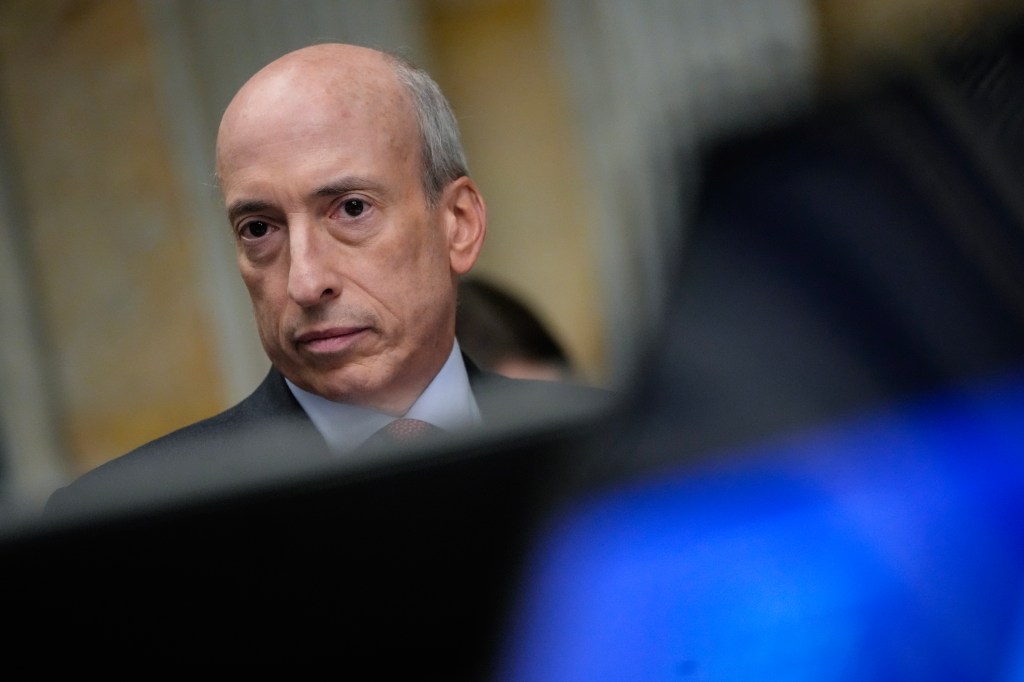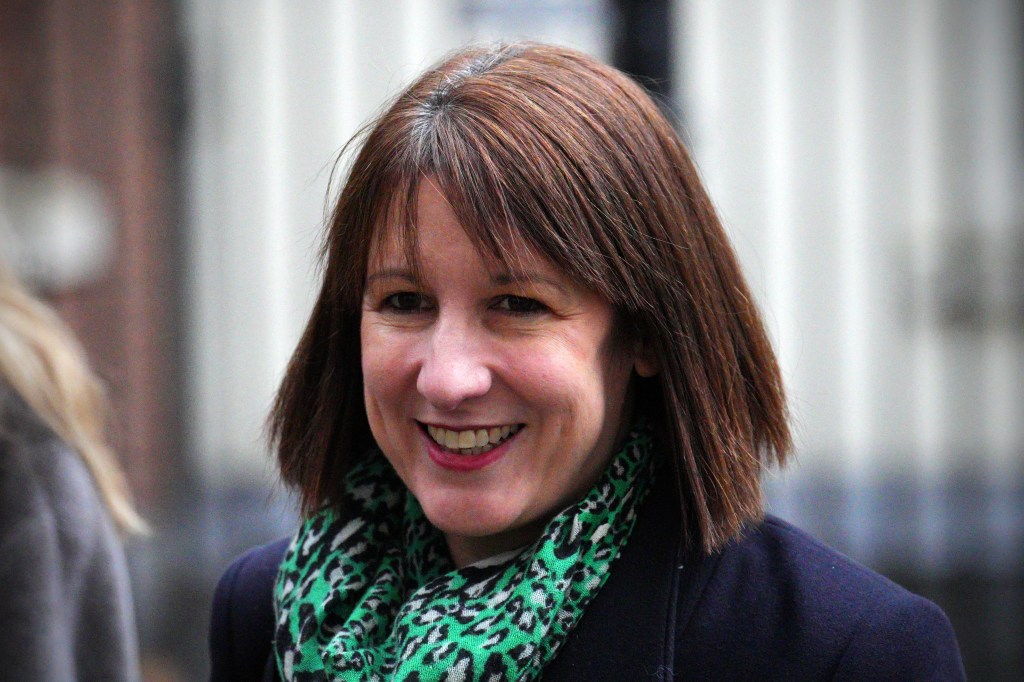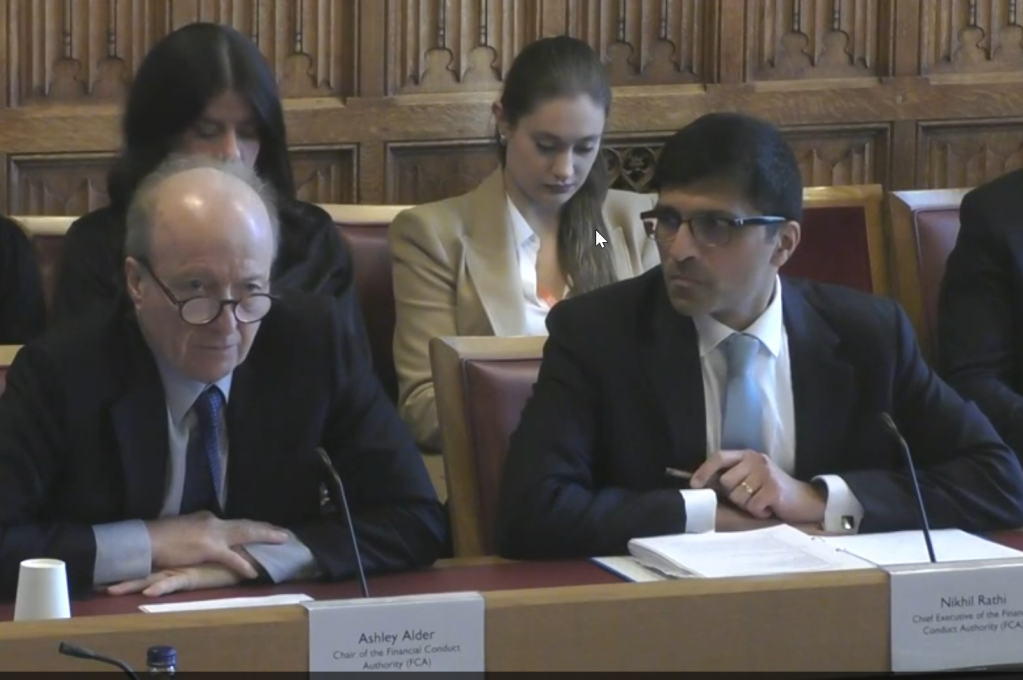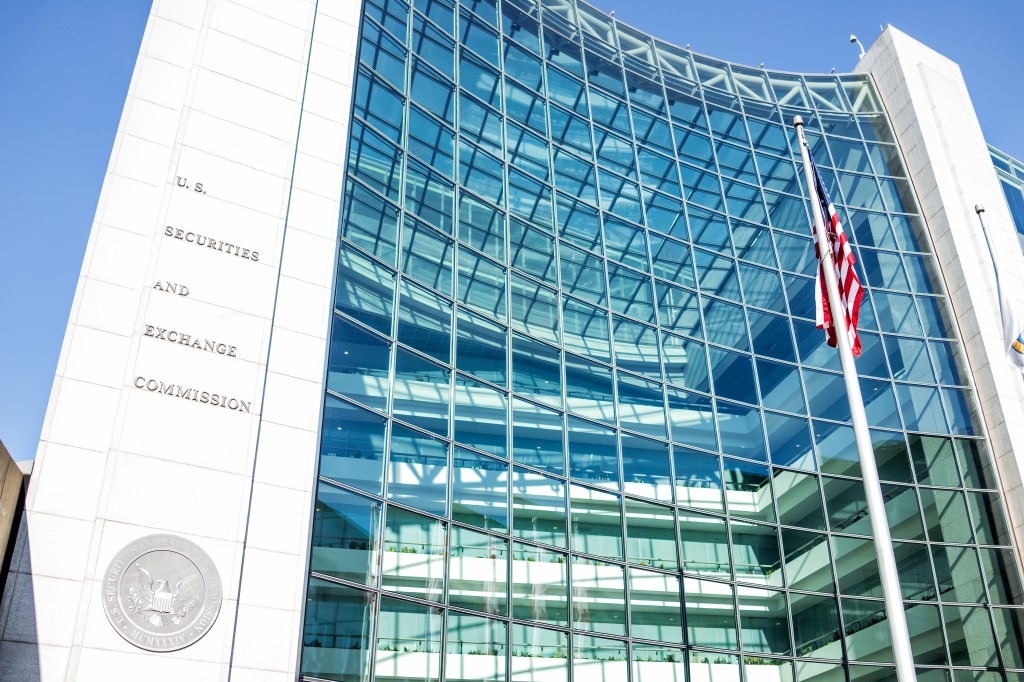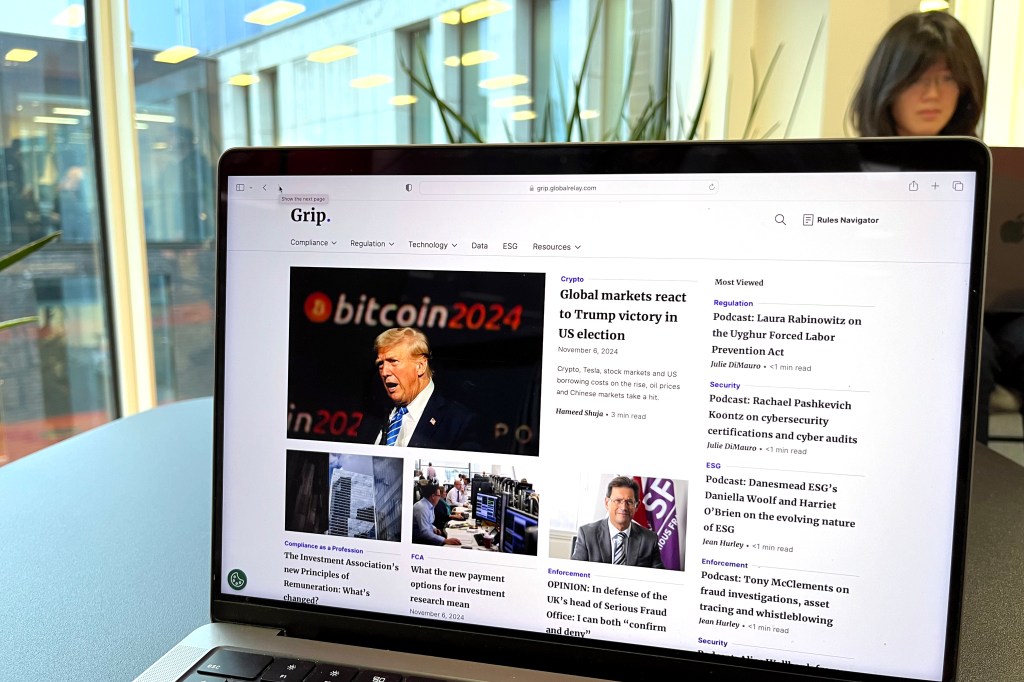At the Practising Law Institute’s 56th Annual Institute on Securities Regulation, SEC Chair Gary Gensler gave a speech entitled “Car Keys, Football, and Effective Administration.”
His remarks, premised on the need for practical rules of the road for driving and playing football, outline what he sees as the important rules his agency has issued that go beyond fraud over the last few years. And the speech serves as a practical and timely reminder of where we end 2024 in light of those Gensler-led, securities market initiatives.
Treasury and equity markets
Gensler mentioned the $28 trillion US Treasury market, underlying how the nation funds itself, how the Fed conducts monetary policy, and how the dollar maintains its dominance.
Gensler reminded his audience that the SEC recently put in place a number of reforms in the Treasury marketplace, particularly refining rules to promote central clearing therein. As these rules get implemented over the next year and a half, he said, clients might wish to participate more fully.
On the equity side – a $60 trillion marketplace in the US – the rules needed a refresh after nearly 20 years, Gensler said. This is why the SEC has shortened the settlement cycle to one day, he said, ensuring that investors selling their stock on Monday get their cash on a Tuesday.
And earlier this fall, the agency unanimously voted to update rules with regard to the national market system. “Your clients as well as everyday investors will benefit from more efficient equity markets where stocks can be quoted in narrower increments down to a half of a penny,” he said.
They will also benefit from a separate rule adopted unanimously that will require updated information regarding brokers’ execution quality.
Corporate governance
Gensler noted that the securities laws give the SEC a specific role to play with regard to corporate governance – an area of oversight that US presidents and Congresses have added to over time.
These rules include ones designed for when corporate insiders can sell their shares; when executives have to give back compensation based on erroneously reported financials; and disclosure of executive pay versus performance.
The agency also adopted rules requiring more timely disclosure by those seeking greater control and buying more than a 5% stake in a company.
Disclosure
Gensler stressed that it was because of investor demand for greater disclosure that his office rose to the occasion – being especially eager for more disclosure specificity in the areas of issuers’ cyber and climate risks.
“There had been a Special Purpose Acquisition Company boom, and many investors were looking for greater disclosure and integrity in that market,” Gensler said. The SEC has proposed and, based upon public comment, adopted rules in all three areas under his leadership.
“These rules all are grounded in materiality, a fundamental building block of the federal securities laws’ disclosure requirements,” he said.
Given the significant changes in technology, the SEC unanimously adopted rules requiring covered firms to notify customers of data breaches that could put personal information at risk.
In addition, his agency has enhanced transparency to the markets as a whole through publishing aggregate, anonymized data regarding registered investment funds, private funds, and investment advisers, he reminded the audience.
The new report, the Registered Fund Statistics report, aggregates data about the more than $25 trillion registered fund industry. It will give the public a view into the registered fund industry, which includes more than 12,000 mutual funds, exchange-traded funds, and closed-end funds.
Accounting and audit
Gensler says that he recognized – even having worked closely with Senator Paul Sarbanes on passing the Sarbanes-Oxley Act (SOX) – that the law needed some reinforcement over time.
Gensler focused on two recent refinements here: First, after nearly 20 years of having Chinese authorities not letting the Public Company Accounting Oversight Board (PCAOB) inspect or investigate the auditors of Chinese-related companies listed in US markets, a recent law has changed this landscape.
“[W]e set in motion, along with the PCAOB, serious negotiations with the Chinese authorities, which culminated in a Statement of Protocol signed in August 2022. I’m pleased to report that for the last two years, for the first time, the PCAOB has been able to fulfill its inspection and enforcement-related responsibilities as it relates to audit firms in China and Hong Kong.”
He noted how (for practical reasons) SOX permitted the newly established PCAOB to carry over existing American Institute of Certified Public Accountants standards on an interim basis. He said progress has been made here, and in the past three years, the PCAOB has updated half of the interim standards.
Crypto
Gensler was a bit defensive when it came to the topic of cryptocurrency – pointing out the skepticism his predecessor, Jay Clayton, had of the digital assets himself.
“When I arrived in 2021, the Commission under Chairman Jay Clayton had already brought some 80 actions, including the Ripple case, against participants in the crypto markets that were not following the common-sense rules of the road,” Gensler said.
“His Commission and he spoke often about these markets, starting in his third month in office when the Commission put out the DAO Report. The SEC has continued that vigilance to ensure that those offering or selling securities comply with our time-tested securities laws. Since 2018, this has represented generally between 5% and 7% of our overall enforcement efforts,” Gensler pointed out.
Court after court has agreed with SEC actions to protect investors and rejected all arguments that the regulator cannot enforce the law when securities are being offered – whatever their form, Gensler asserted.
Not every asset is a security, he continued, noting that he and former Chairman Clayton have both said that bitcoin is not a security, and the Commission has never treated bitcoin as a security.
“Our focus, rather, has been on some of the 10,000 or so other digital assets, many of which courts have ruled were offered or sold as securities. Putting this in context, aside from bitcoin, ether, and stablecoins, the rest of this market approximates $600 billion. That’s less than 20% of the whole crypto market and less than one quarter of 1% of the worldwide capital markets,” Gensler said, to add perspective.
Exchange-traded funds
Gensler points out that he was not the first one to close the door on exchange-traded funds (ETFs) and products (ETPs) for bitcoin, which had been disapproved or withdrawn at the SEC staff’s request before he took over as Chair.
“Shortly after I arrived in 2021, the first bitcoin futures ETF went effective after consultation with SEC staff. Though we initially followed in our predecessor’s footsteps with regard to ETPs that hold physical bitcoin, the Commission approved ETPs for physical bitcoin and ether earlier this year. Subsequently, in contrast with non-compliant crypto asset markets, investors in these products have gotten the benefits of disclosure, oversight, lower fees, and greater competition,” he said.
Gensler ended his remarks with two points.
He said: “First, those parties offering or selling securities to the public need to register and give proper disclosure to the public. Second, the intermediaries – broker-dealers, exchanges, clearinghouses – need to be registered and properly regulated as to conflicts, disclosures, and business conduct.”


